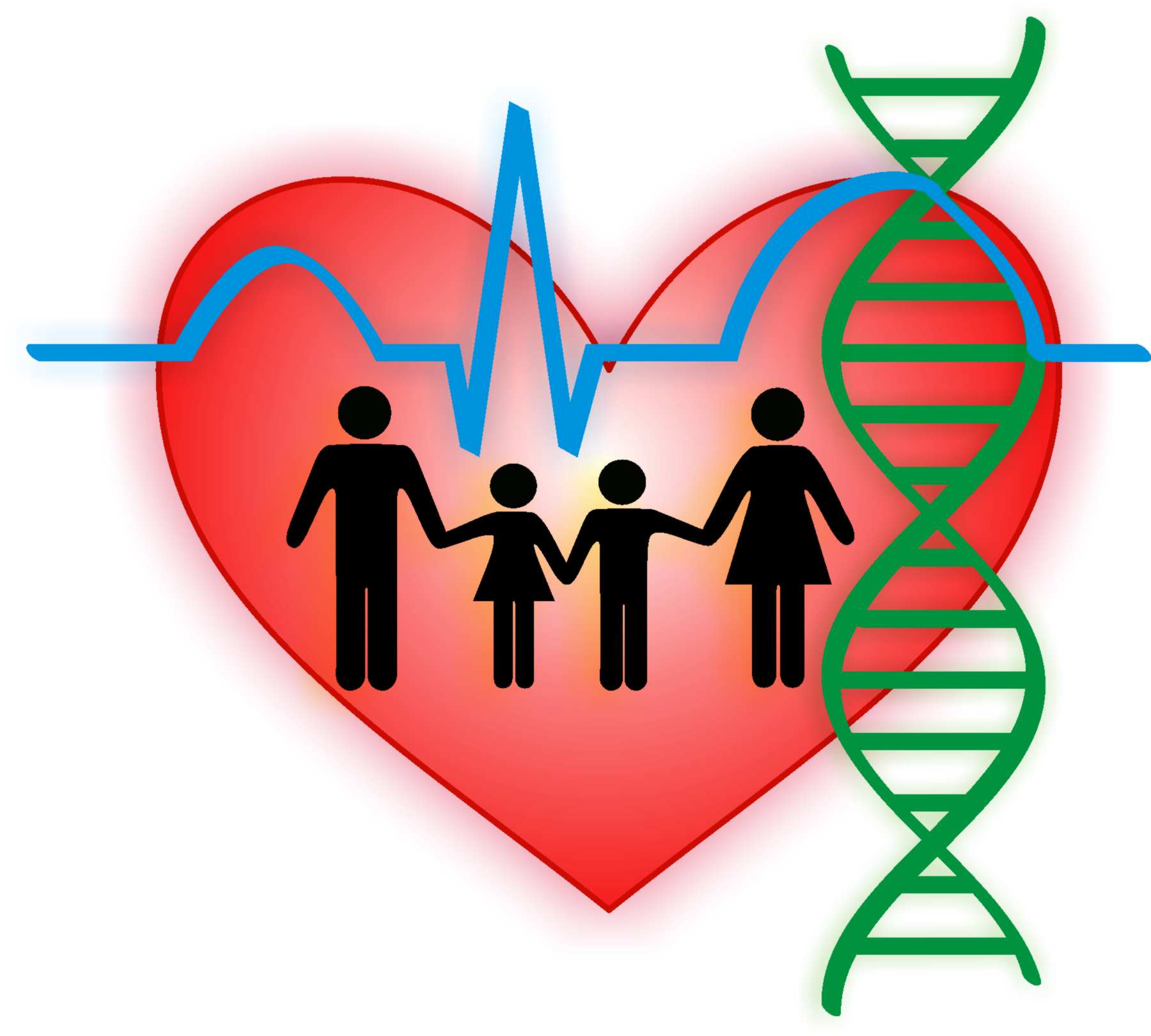Montefiore/Einstein Center for CardioGenetics
Co-Directors:
- Robert Marion, MD
- Christine Walsh, MD
- Thomas McDonald, MD
An overview:
The Montefiore/Einstein Center for CardioGenetics (MECC) is the first center in the New York metropolitan area to offer state-of-the-art testing and intervention to families who have suffered the tragic loss of a loved one to Sudden Unexplained Death (SUDS) or Sudden Infant Death (SIDS). Through a collaborative effort bringing together clinicians and basic scientists from the Departments of Pediatrics, Medicine, Obstetrics/Gynecology, Molecular Genetics and Pathology, combining the work of pediatric and adult cardiologists, clinical and molecular geneticists and genetic counselors , we provide families with an interdisciplinary approach to the identification and treatment of individuals at risk for sudden unexpected cardiac death from heart rhythm disturbances (arrhythmias).
, we provide families with an interdisciplinary approach to the identification and treatment of individuals at risk for sudden unexpected cardiac death from heart rhythm disturbances (arrhythmias).
Services Provided:
During the initial visit to our Center, families, who have been referred through a variety of sources, meet with a genetic counselor and geneticist, who obtain family history and review all available autopsy and medical records. If prior testing has been performed on family members, these records will also be reviewed. Following completion of this intake, individuals are examined by our clinical geneticists.
Next, family members judged to be at risk meet with a cardiologist (pediatric & adult). A cardiac history is taken, and an examination performed. Initial baseline cardiac tests are performed that include electrocardiogram (ECG) and an echocardiogram. In some individuals, based on clinical and genetic information obtained from the affected relative, additional tests, such as Holter monitoring (to evaluate cardiac rhythm over a longer period of time); treadmill stress testing may be recommended. All cardiac rhythm tests are evaluated by a cardiologist with expertise in electrophysiology, searching for evidence of an underlying heart rhythm disturbance, an indication that the individual may be at risk for SIDS or SUDS. Because families come to us soon after the unexpected death of a loved one, referred individuals may be offered to meet with our counselors, who assess their level of coping.
Although genetic testing can be a powerful tool, it is important that it be used appropriately. To be effective, screening genetic tests are only recommended for the individual who shows signs of the disorder. As such, the individual in each family who requires testing first is the person who has experienced a heart rhythm disorder, fainting episode, misdiagnosed sizure or has been resuscitated from a cardiac arrest. In other cases the family member may have succumbed to SIDS or SUDS. Oftentimes, a genetic variant or mutation is found but its relevance in contributing to heart rhythm disorders is uncertain. In these cases every effort is made to fully characterize new and uncertain mutants in the McDonald Laboratory to determine if they are deleterious to normal function.
Genetic testing can be performed on tissue saved at the time of autopsy. As such, in many cases, our team interfaces with the local medical examiner and the lab, in order to assure that appropriate tissue for testing is sent. With this information in hand, a more directed and economical exam of at-risk relatives may be performed.
Following completion of the evaluation, the team meets with the family to discuss the results. If genetic testing has revealed a mutation in one of the genes known to be associated with a cardiac arrhythmias, testing and counseling will be offered to all at-risk relatives. If no mutation is identified in the affected individual, no further genetic testing on family members will be offered at this time. In this case, continued follow up will be scheduled in the event that newer genetic testing becomes available.
Those found to have a cardiac rhythm disturbance and felt to be at risk of SIDS or SUDS are counseled by a cardiologist immediately, with an eye toward preventive intervention. Choices include modification of physical activity, education on medications to avoid, the use of antiarrhythmic medication or the placement of an implantable cardiac defibrillator. As more is learned about specific event triggers for each mutated gene, a more genotype-specific personalized medical approach will be possible. Clinical cardiology and genetic counseling will also be tailored for families where genetic testing yields no specific mutations but, where history strongly indicates an inherited disorder.
To contact us:
Clinical activities of the MECC are housed on the 5th floor of the Children's Hospital at Montefiore,
3415 Bainbridge Avenue at Gun Hill Road,
Bronx, New York 10467
For more information or appointments:
Clinical Coordinator 718-741-2254